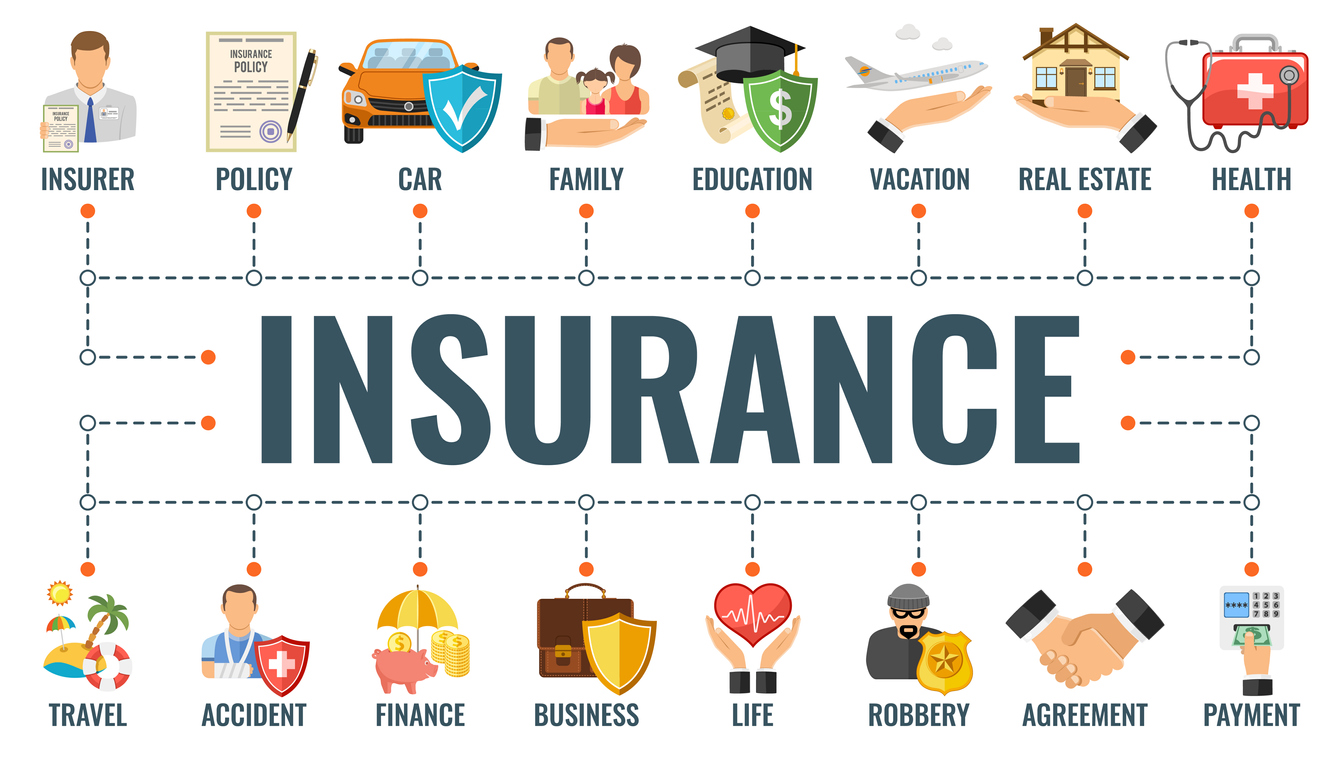Skip to content
Everything You Need to Know About Pet Insurance and Veterinary Bills
Introduction
- Overview of Pet Insurance and Veterinary Costs
- Discuss the rising cost of veterinary care.
- Introduce the concept of pet insurance and its importance.
Section 1: What is Pet Insurance?
- Definition and Basics of Pet Insurance
- Explain what pet insurance is.
- Types of pet insurance plans: Accident-only, Comprehensive, and Wellness coverage.
- How Pet Insurance Works
- Deductibles, premiums, and reimbursements.
- How pet insurance differs from human insurance.
- Common Terms and Jargon in Pet Insurance
- Key terms like premiums, deductibles, co-pays, reimbursement rates, and exclusions.
Section 2: The Importance of Pet Insurance
- Rising Veterinary Costs
- Statistics showing the increase in pet healthcare costs over the years.
- Why unexpected illnesses or injuries can lead to expensive bills.
- Peace of Mind and Financial Protection
- How pet insurance helps owners manage veterinary expenses.
- Long-term Benefits of Having Pet Insurance
- Managing chronic conditions.
- Access to a broader range of treatments.
Section 3: How to Choose the Right Pet Insurance Plan
- Factors to Consider When Choosing Pet Insurance
- Age and breed of the pet.
- Type of coverage (Accident, illness, or wellness).
- Policy limits and exclusions.
- Top Providers of Pet Insurance
- Highlight some leading insurance companies in the industry.
- Compare plans, costs, and benefits.
- Reading the Fine Print
- Understanding exclusions, waiting periods, and the claims process.
Section 4: Common Pet Health Issues and Associated Costs
- Common Conditions that Can Drive Up Costs
- Surgery, chronic illnesses, cancer, and emergency care.
- Tables comparing common pet surgeries and their costs.
- Cost Comparison by Pet Type
- Average veterinary costs for dogs, cats, exotic pets, etc.
- How breed influences treatment costs.
Section 5: Veterinary Bills: How Much Do They Cost?
- Typical Veterinary Costs in 2025
- Breakdown of common veterinary services: vaccinations, check-ups, emergency care, surgery.
- Average annual cost of pet care.
- Emergency vs. Routine Vet Visits
- Differentiate between emergency costs and routine veterinary care.
- Discussing emergencies like poisoning, accidents, or severe illnesses.
Section 6: What’s Covered in Pet Insurance?
- Accident Coverage
- What types of accidents are typically covered?
- Common accidents: Broken bones, wounds, injuries from car accidents.
- Illness Coverage
- Coverage for illnesses like cancer, diabetes, heart disease, etc.
- Wellness and Preventative Care
- Coverage for vaccinations, flea control, and annual check-ups.
Section 7: Exclusions and Limitations in Pet Insurance
- What is Not Covered by Pet Insurance?
- Pre-existing conditions.
- Cosmetic procedures and elective surgeries.
- Some chronic conditions after a certain period.
- Waiting Periods and Other Restrictions
- Explain the waiting period for various conditions.
- How to Avoid Common Pitfalls in Coverage
Section 8: Managing Veterinary Bills Without Insurance
- Strategies for Managing Unexpected Costs
- Setting aside savings for pet healthcare.
- Financing options for veterinary bills.
- Low-Cost Veterinary Clinics
- Discuss options for low-income pet owners or those without insurance.
- Negotiating with Veterinarians
- How to ask for discounts or payment plans.
Section 9: Veterinary Bill Payment Plans and Options
- How Payment Plans Work
- Explain payment plans offered by veterinary clinics.
- Pros and cons of using these plans.
- Third-Party Financial Assistance for Pet Owners
- Highlight financial assistance programs available for pets.
Section 10: How to File a Claim with Your Pet Insurance
- Step-by-Step Guide to Filing Claims
- How to file a claim and what documents are needed.
- Common Mistakes to Avoid When Filing Claims
- Missing deadlines, incomplete forms, or not understanding the coverage.
- Timeframe for Claim Reimbursement
- Average time it takes for reimbursement from pet insurance companies.
Section 11: The Role of Pet Insurance in Preventative Care
- Preventative Health Care for Pets
- Importance of annual check-ups, vaccines, flea/tick prevention.
- How Insurance Encourages Regular Vet Visits
- How insurance can make preventative care more affordable.
Section 12: Trends in the Pet Insurance Industry
- Innovations in Pet Insurance
- New policy options and trends in coverage.
- Mobile apps and digital platforms for managing pet insurance.
- How Pet Insurance Companies Are Adapting to Market Demands
- Customizable plans, more flexibility, and broader coverage options.
Section 13: Pet Insurance vs. Self-Paying for Veterinary Bills
- Advantages of Pet Insurance
- Predictable costs, comprehensive coverage, peace of mind.
- When It Might Be Better to Pay Out of Pocket
- Small pets with low risk of illness or injury.
- How some pet owners opt to save money instead of paying insurance premiums.
Conclusion
- Summary of Key Points
- Reiterate the importance of pet insurance.
- Encourage readers to assess their needs based on their pet’s age, breed, and health.
- Final Thoughts
- Encourage readers to consider different options before making a decision on pet insurance.
- Emphasize the benefits of being proactive in managing their pet’s health.




